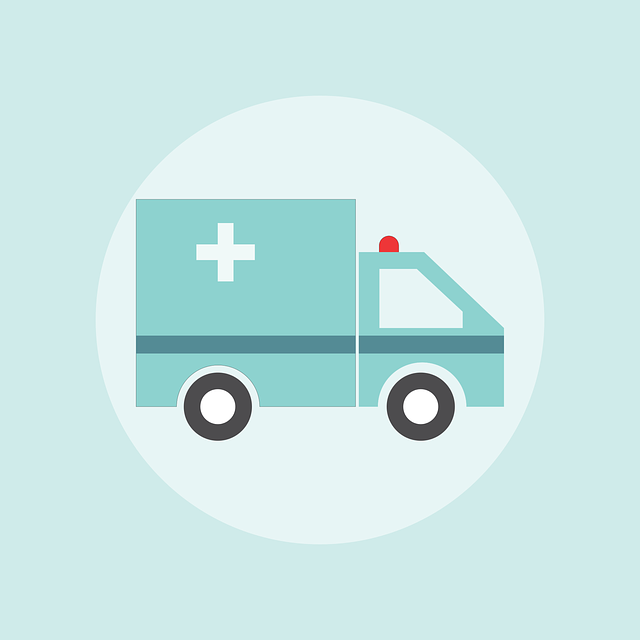When deciding between a hospital plan and medical aid in South Africa, consider that medical aid offers broader coverage including routine check-ups and specialist treatments, while hospital plans focus on inpatient care with lower monthly fees. The best choice depends on individual health needs, financial considerations, and healthcare usage patterns. For affordable coverage of unexpected events, hospital plans excel; for comprehensive security and preventive care, medical aid is preferable. Evaluate your priorities in light of these differences to make an informed decision tailored to your unique circumstances.
In South Africa, understanding the difference between hospital plans and medical aid schemes is crucial for making informed healthcare decisions. This comprehensive guide aims to demystify these two distinct options, helping you navigate the complex landscape of healthcare coverage. We explore essential aspects like coverage, benefits, costs, and real-world applications, enabling you to determine which—hospital plan or medical aid—best suits your needs in terms of affordability, accessibility, and comprehensiveness.
- Understanding Hospital Plans: Coverage and Benefits
- The Basics of Medical Aid Schemes in South Africa
- Key Differences Between Hospital Plans and Medical Aid
- Choosing the Right Scheme: Factors to Consider
- Comparing Costs: Hospital Plan vs Medical Aid
- Real-World Scenarios: When to Choose Each Option
Understanding Hospital Plans: Coverage and Benefits
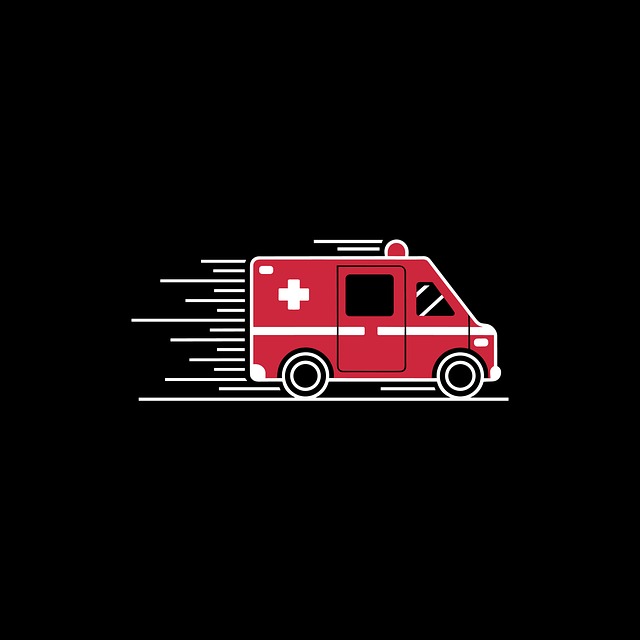
Hospital plans, as the name suggests, are designed to cover expenses related to hospital stays and medical procedures. In South Africa, these schemes typically offer a range of benefits, including in-patient care, day surgery, and some outpatient services. When comparing which is better between a hospital plan or medical aid, understanding the coverage and benefits is crucial. Hospital plans usually have fewer exclusions and provide more straightforward benefits, making them attractive for those seeking peace of mind without navigating complex medical aid rules.
Compared to medical aid, hospital plans often focus on essential treatments and may not cover routine check-ups or certain chronic conditions as extensively. However, they excel in providing emergency and specialized care, ensuring policyholders receive the necessary treatment during unforeseen events. This distinction is vital when deciding between a hospital plan and medical aid, as it helps individuals choose based on their specific healthcare needs and budget considerations.
The Basics of Medical Aid Schemes in South Africa
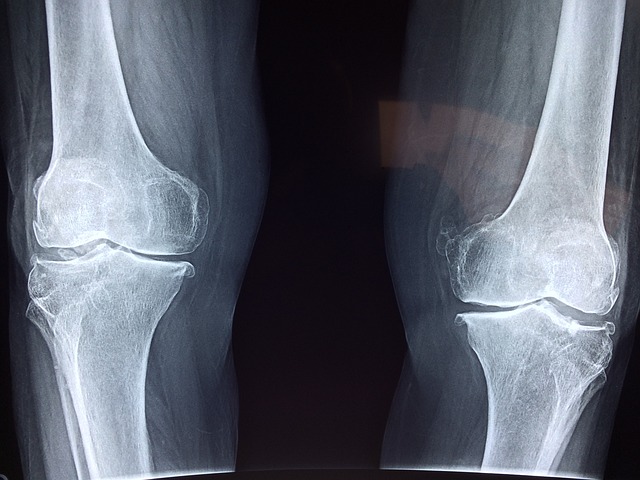
In South Africa, medical aid schemes play a pivotal role in ensuring accessible healthcare for its citizens. These schemes are essentially private health insurance plans offered by various providers, designed to cover a range of medical expenses, from routine check-ups to hospital stays and specialist treatments. Members typically contribute monthly premiums, which grant them access to a network of healthcare providers and facilities. The benefits can include full or partial coverage for outpatient and inpatient care, prescription drugs, preventive services, and more.
When considering Which Is Better Hospital Plan Or Medical Aid, it’s crucial to understand their distinct characteristics. Medical aid schemes often provide broader coverage, including specialized treatments and preventive care, making them suitable for families and individuals seeking comprehensive health security. Conversely, hospital plans usually focus on inpatient care, offering cost-effective solutions for emergency or major medical events. Understanding these differences is key to choosing the most fitting option based on individual needs, lifestyle, and financial considerations.
Key Differences Between Hospital Plans and Medical Aid
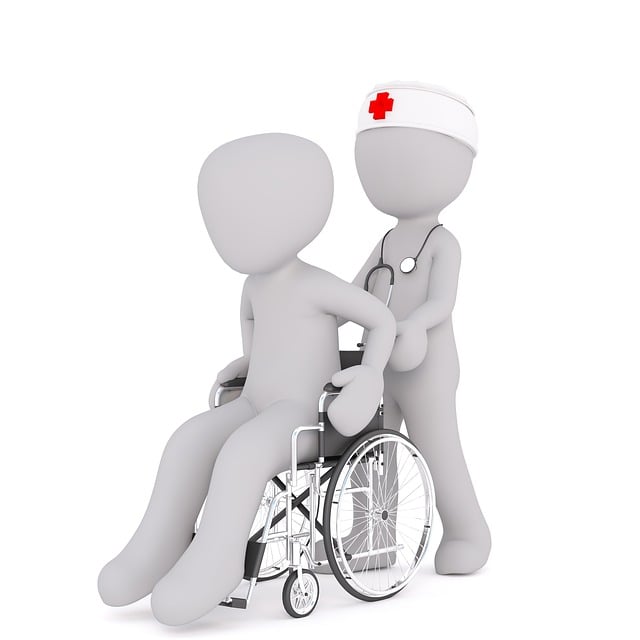
When comparing Hospital Plans and Medical Aid, understanding their key differences is essential for making an informed decision about your healthcare coverage in South Africa. While both offer medical benefits, they operate with distinct mechanisms. Hospital Plans are typically fee-for-service arrangements where you pay for each treatment or service received, similar to paying at a clinic or hospital directly. In contrast, Medical Aid schemes usually involve monthly contributions or premiums that cover a percentage of your medical expenses within a specific network of healthcare providers.
Which is better, a Hospital Plan or Medical Aid? It depends on your individual needs and financial situation. Medical Aid often provides broader coverage, including preventive care and specialist services, and may offer tax benefits. However, out-of-pocket expenses can be higher during treatment. Hospital Plans, on the other hand, usually have lower monthly fees but might require you to pay more for specific treatments, especially if you opt for private hospitals or specialists outside their networks.
Choosing the Right Scheme: Factors to Consider

Choosing the right scheme between a hospital plan and medical aid depends on several key factors. Firstly, consider your overall health and medical history. If you have pre-existing conditions, specific treatments or regular check-ups, one option might offer better coverage for these needs compared to the other. Secondly, look at cost implications: hospital plans often have lower monthly premiums but may charge higher out-of-pocket expenses during treatment, while medical aid schemes tend to have more substantial upfront costs but could result in better overall savings.
Additionally, assess your healthcare usage patterns. If you frequently require specialist consultations or hospitalization, a comprehensive medical aid scheme might be the better choice due to its network of providers and potential for negotiating lower rates. Conversely, if your healthcare needs are generally routine and preventive, a hospital plan’s simpler structure and focus on day-to-day care could be more suitable. When deciding between which is better—hospital plan or medical aid—weighing these factors will help you make an informed decision tailored to your unique circumstances.
Comparing Costs: Hospital Plan vs Medical Aid
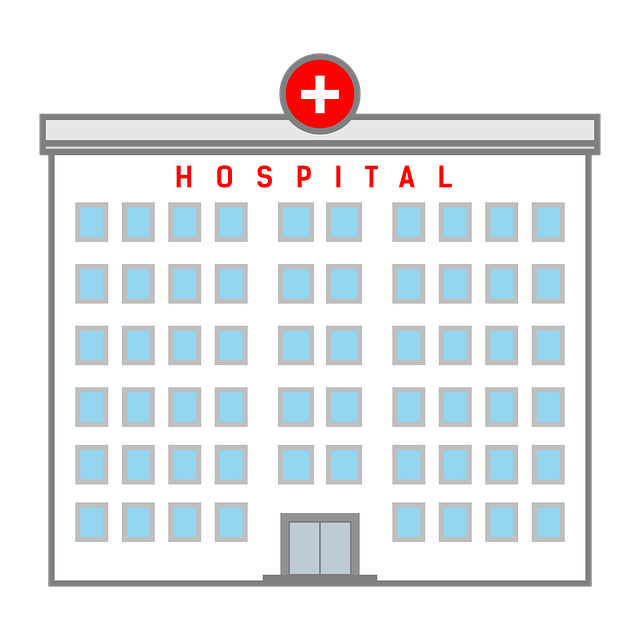
When comparing hospital plans and medical aids, one of the primary considerations is cost. Both options have their financial implications, but they differ significantly in terms of pricing structures. Hospital plans tend to offer more predictable expenses as they usually have set monthly premiums. These plans cover a range of services, including inpatient and outpatient care, and may include optional extras like dental or chronic disease management. On the other hand, medical aids provide a broader spectrum of benefits but often involve complex pricing models. Premiums can vary widely based on factors like your age, health history, and the level of cover you choose.
While hospital plans generally have lower premiums, medical aids may offer more extensive benefit options, including specialist care, chronic illness coverage, and wellness programs. The choice between the two depends on individual needs and preferences. If affordability is a priority, a hospital plan might be the better option. However, if you seek comprehensive healthcare benefits with potential cost savings through co-payments and out-of-pocket expenses, medical aid could be more suitable. Which is better ultimately depends on balancing these financial considerations against the level of healthcare coverage desired.
Real-World Scenarios: When to Choose Each Option

In real-world scenarios, choosing between a hospital plan and medical aid depends on your specific health needs and financial considerations. If you’re generally healthy and primarily seek routine check-ups and minor procedures, a medical aid scheme might be the better option. These plans offer comprehensive coverage for various medical services, often at lower out-of-pocket expenses when compared to hospital plans. Medical aids typically have a network of healthcare providers, ensuring easy access to specialists and hospitals.
On the other hand, if you or your family members have pre-existing conditions requiring regular specialist care or hospitalization, a hospital plan could provide more suitable coverage. These plans are designed to cover substantial medical expenses associated with hospitalizations, intensive care, and specialized treatments. While they might not offer the same breadth of services as medical aid, hospital plans can be more cost-effective for families facing frequent medical emergencies or complex health issues.
When deciding between a hospital plan and medical aid, understanding your healthcare needs and financial situation is key. Both options offer valuable coverage, but they differ in terms of scope, cost, and administration. While hospital plans provide comprehensive inpatient care, medical aid schemes often include broader out-of-hospital benefits. Ultimately, the choice depends on individual preferences and circumstances. By weighing factors like premium costs, network hospitals, and specific coverages, you can make an informed decision to ensure the best healthcare protection for you and your family in South Africa.






